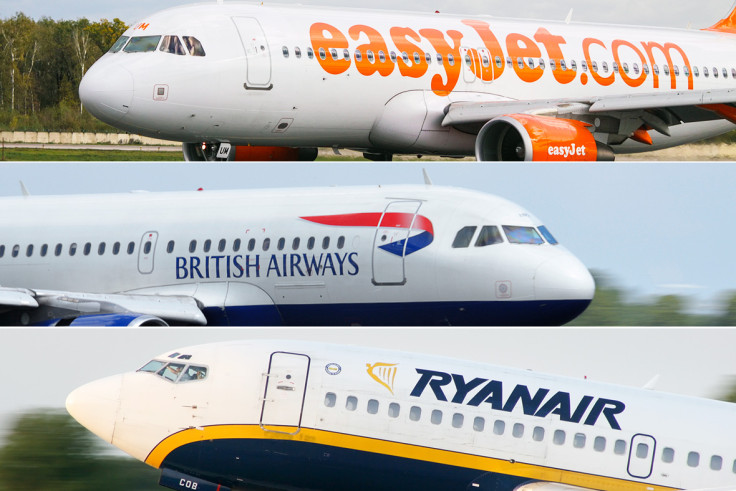Pound's decline from Brexit will hit UK airlines' revenue
Ratings agency Moody's expects lower demand for UK air travel driven by weaker economic sentiment.

People's revised travel choices and operating dollar costs could see UK airlines' revenues take a hit, with airports' passenger growth likely to halve over the next two years following the Brexit vote, according to Moody's.
In a note to clients on Friday (3 February), the ratings agency said it expects that "demand for air travel will be driven by weaker economic sentiment as a result of uncertainty over the shape of the UK's future trading arrangements with the EU, as well as with other major economies with which the UK has trade arrangements in place by virtue of its current membership of the EU."
Overall, in the short term, passenger numbers will continue to grow, albeit at a slower rate, enabling UK airports to withstand the immediate impact of the Brexit vote, Moody's said.
"However, this benefit will not be felt evenly across the UK. Manchester, Luton and Birmingham airports which are dominated by outbound traffic are more exposed to weaker domestic economic prospects and sterling's depreciation."
Yet, others like Heathrow, and to a certain extent Stansted airport, are better insulated from UK economic conditions because of their higher proportion of inbound traffic. The last two also serve London, a major tourist destination so a weaker pound benefits tourists, the agency added.
Overall, UK airlines will be weakened by the sterling's depreciation against the dollar, as a significant proportion of their costs are denominated in US dollars while sterling revenue is a high percentage of the total.
Looking at the next 12 months, Moody's said UK airlines will continue to suffer in 2017 on the back of a slowdown in outbound leisure travel, particularly to the US, as UK residents put travel plans on hold as the pound's depreciation makes the cost of holidaying abroad more expensive.
"Also, weaker economic prospects and concerns over terrorism threats in Europe will continue to put off many US tourists from flying to the UK to benefit from the weaker pound. Long-haul carriers, such as British Airways (rated Baa3 stable by Moody's) and Virgin Atlantic (unrated), which traditionally carry British-based leisure passengers to the US will be particularly impacted."
Moody's also said post-Brexit, the UK's continued membership of the European Common Aviation Area (ECAA) is possible but cannot be taken for granted.
"An exit from this single aviation market would severely disrupt UK airports and airlines, with far-reaching ramifications, including for UK-US aviation agreements. Transitional arrangements will likely be needed to avoid a sudden loss of air travel rights."
Future trade and immigration arrangements between the UK, the EU and the rest of the world could also give rise to more generic risks to airports and airlines. However, survey data, so far has suggested little impact on Britons' choices when it comes to holidaying abroad.
According to a Morgan Stanley survey, less than tenth of Britons it polled said they were less likely to book a holiday abroad because of Brexit. Additionally, online travel websites Kayak and SkyScanner say there is no evidence of a decline rate in reservations following 23 June vote which Brits opt 52% to 48% in favour of leaving the European Union.
© Copyright IBTimes 2025. All rights reserved.






















